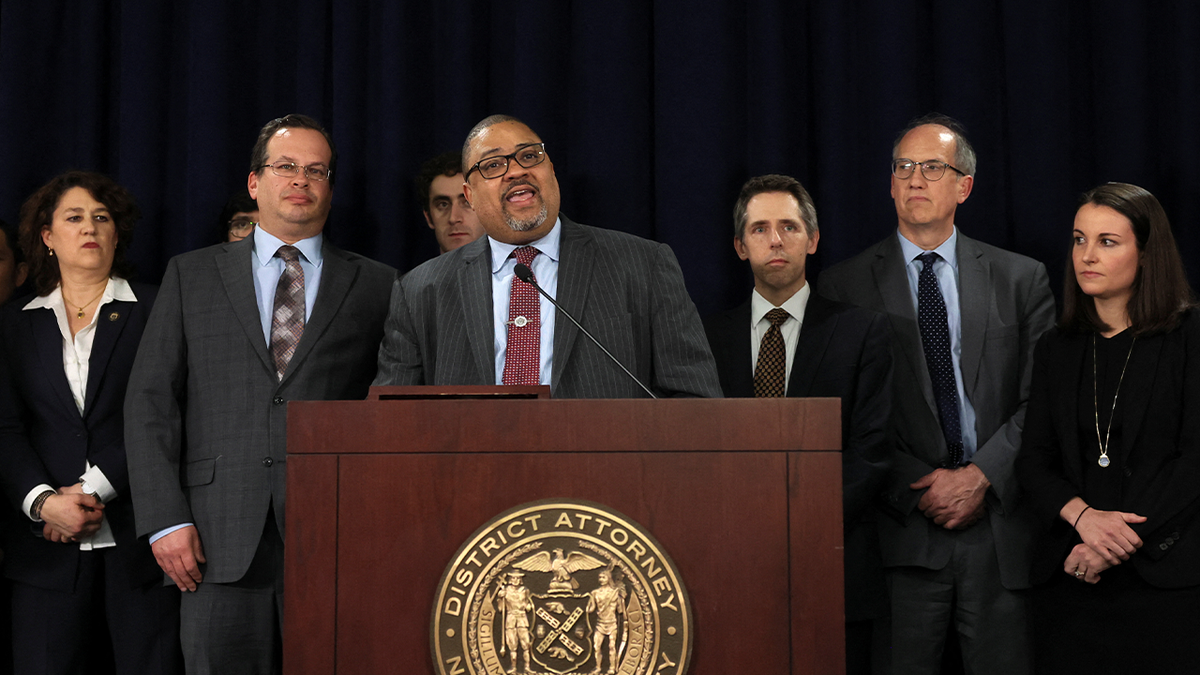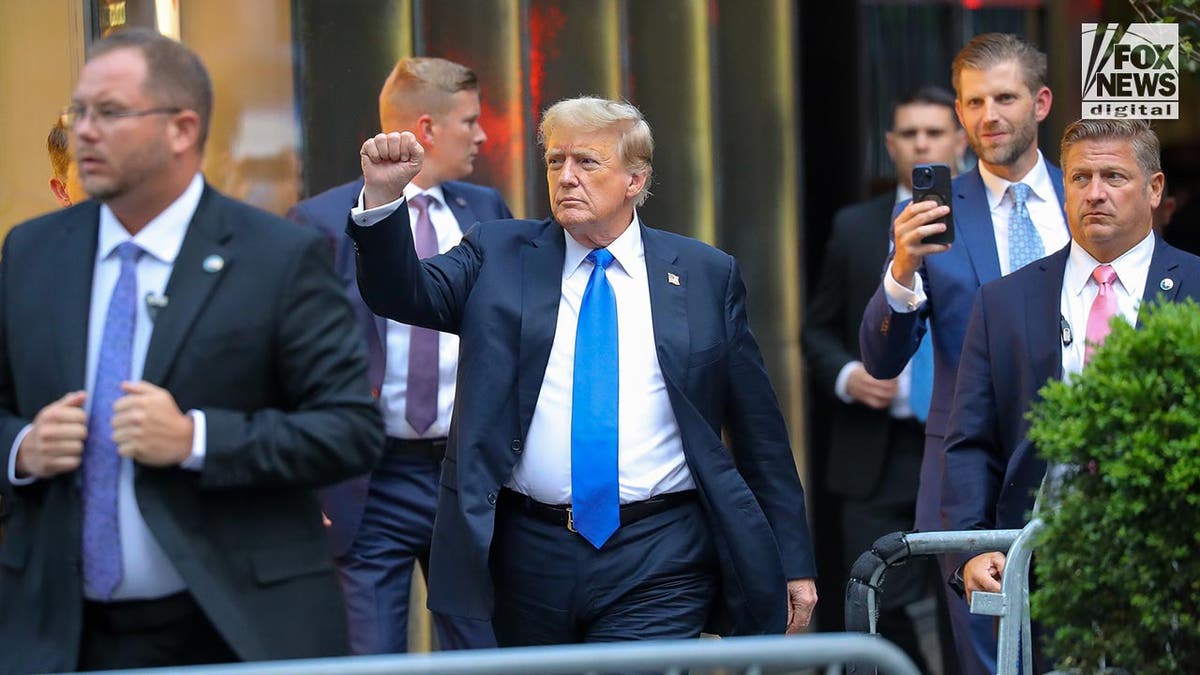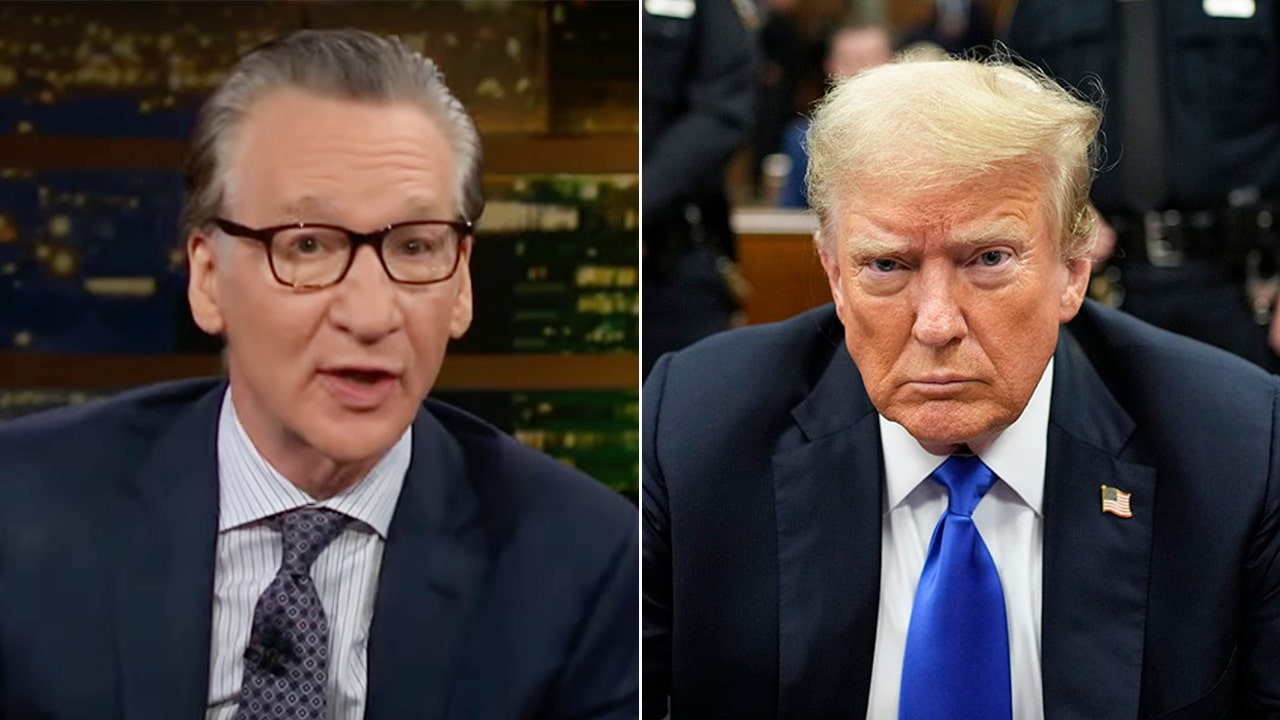
Former President Donald J. Trump was convicted of 34 counts of falsifying business records in the first degree on Thursday, May 30, 2024, in a trial held in Manhattan. The conviction marks the first time a former U.S. president has faced such charges.
The New York Supreme Court is scheduled to hand down Trump's sentence on July 11, and potential punishments include probation, home confinement, or up to four years in prison.
Should Trump receive a custodial sentence, the United States Secret Service would be required by law to protect him inside a prison. This arrangement would present unique challenges for both the former president and the correctional facilities involved.
The Manhattan District Attorney's Office brought forth evidence that Trump and his company, The Trump Organization, paid hush money to Stormy Daniels in 2016 to cover up an extramarital affair. The jury found him guilty on all counts related to these payments.
Trump's legal team has indicated their intention to appeal the verdict. In the meantime, they have requested that he be housed alongside senior inmates if he is sentenced to prison, citing concerns for his safety and well-being.
Prison consultant Sam Mangel warns that an imprisoned Trump would pose significant challenges for both the country and prison system. Should Trump be incarcerated, his Secret Service detail would also need to be accommodated in already overcrowded facilities. Guards tend not to care about the importance or fame of prisoners, and everyone is treated similarly.
Trump's communication would be limited to monitored visits, emails, and phone calls with restrictions. His days in prison would consist of being awakened by an alarm, standing for roll call, and following a strict schedule.
The outcome of Trump's sentencing hearing remains uncertain. Some experts believe that the former president is unlikely to receive a prison sentence due to his status as a former president and the seriousness of his crime. Others argue that the judge in the case, Juan M. Merchan, has made it clear that he takes white-collar crime seriously.
The implications of Trump's conviction extend beyond his personal circumstances. The verdict has sparked heated debates about justice, fairness, and political polarization in America.




